Search
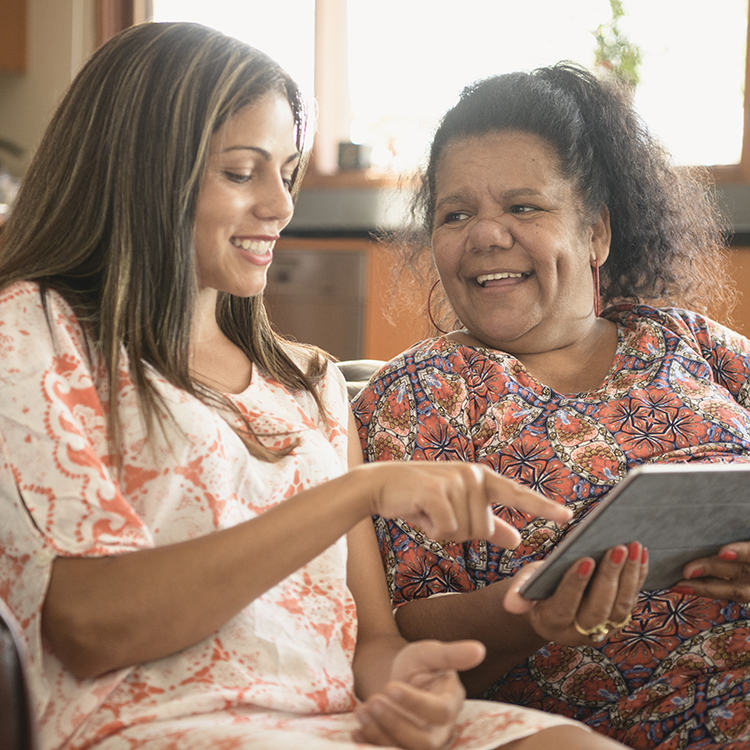
A number of organisations have created COVID-19 resources specifically developed for Aboriginal and Torres Strait Islander people.
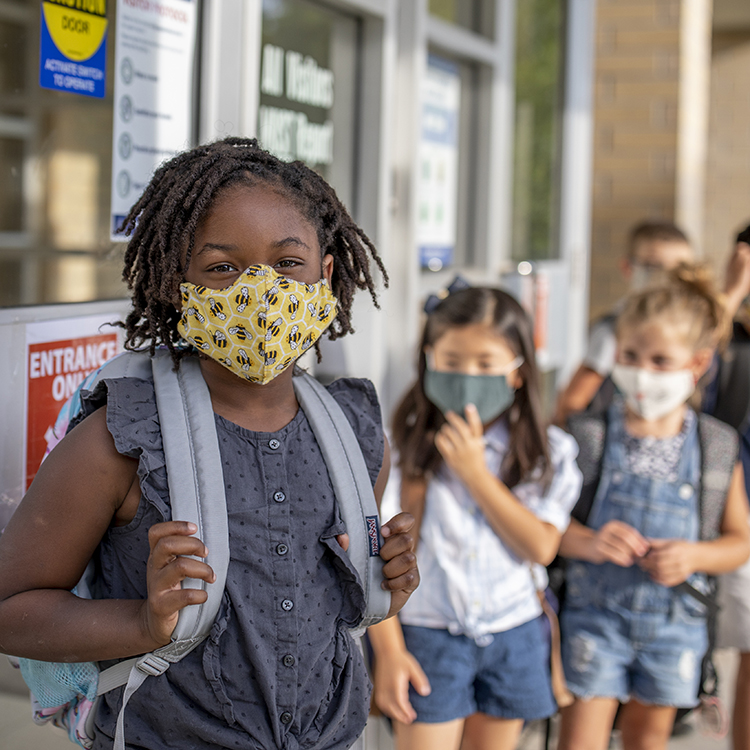
View the full catalogue of The Kids Research Institute Australia COVID-19 video resources.
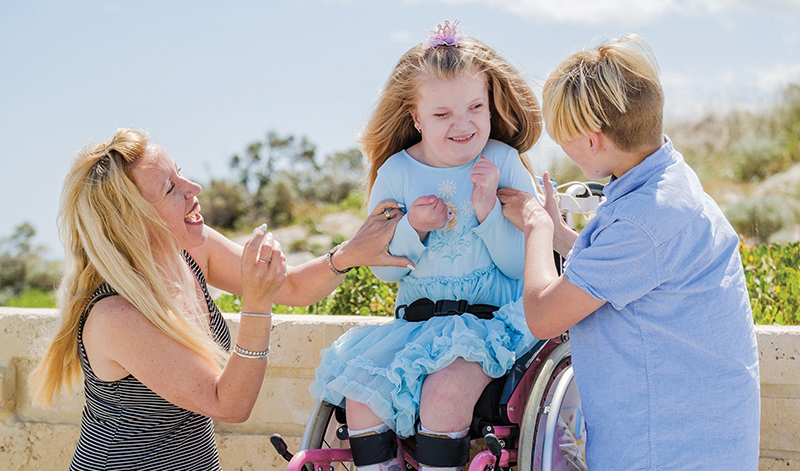
For thousands of WA children living with undiagnosed diseases, it’s hope.
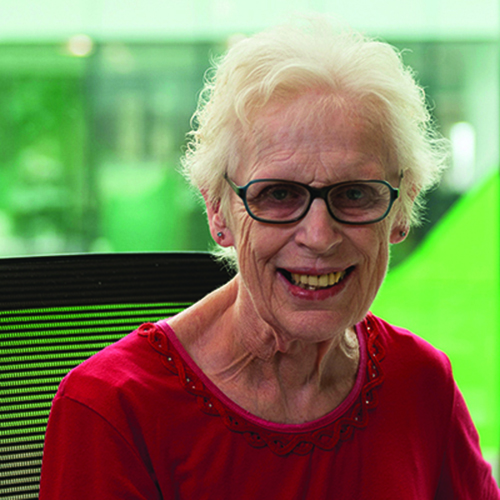
The Kids Research Institute Australia disability researcher, Associate Professor Helen Leonard, played an important role in the identification of the differences that define CDD, thanks to her extensive experience researching Rett syndrome and running an Australian online database tracking Rett cases.

The Walkern Katatdjin (Rainbow Knowledge) project has produced a suite of resources to help services become more inclusive.
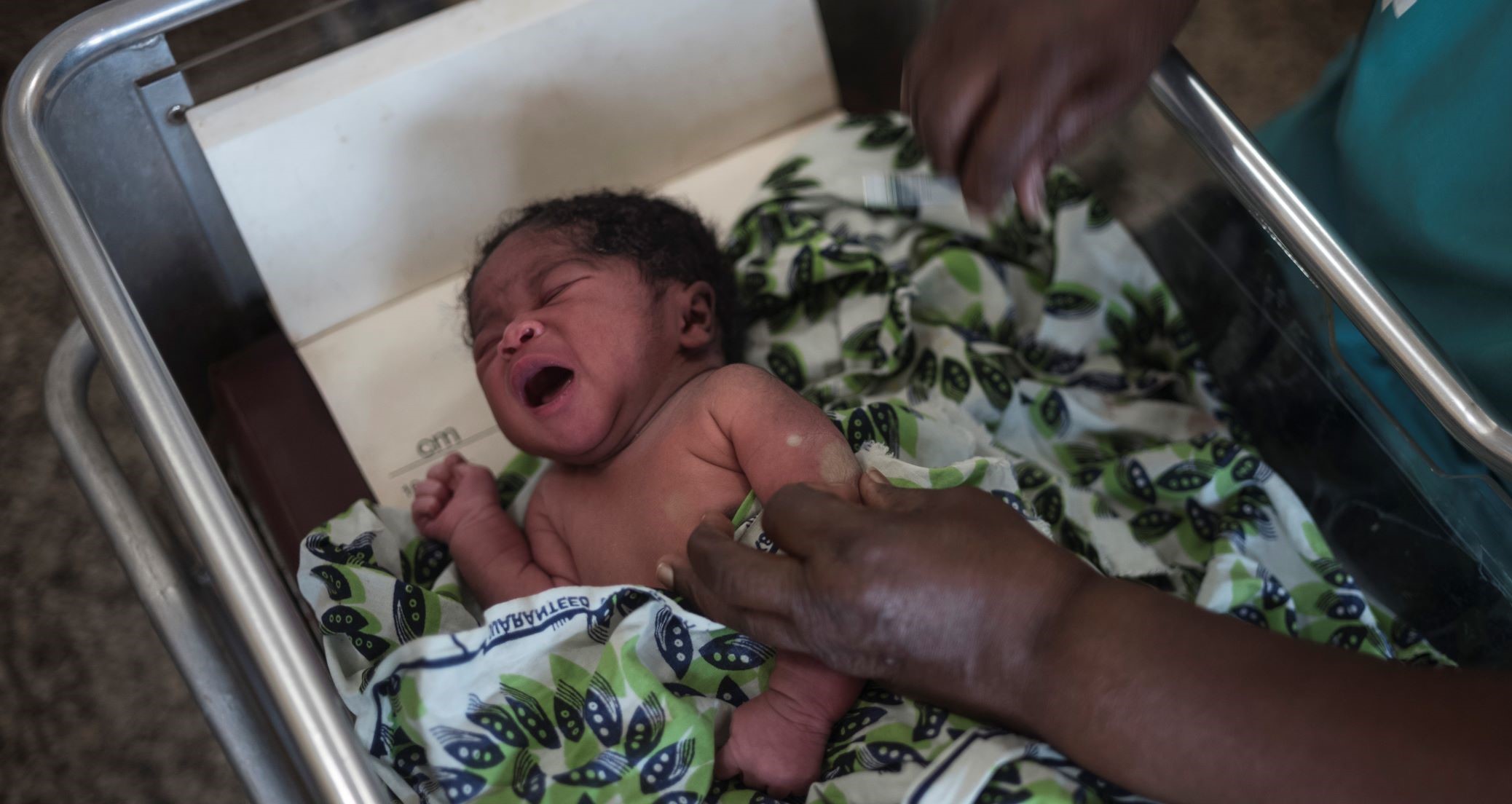
The veteran tuberculosis vaccine BCG has puzzled scientists for decades. Now, The Kids researchers have not only unlocked part of the secret to its success in saving the lives of newborns, but they’re at the forefront of global efforts to test its ability to fight COVID-19.
Research
Evaluating the Introduction of Humidified High-Flow Nasal Cannula Therapy Into an Australian Aeromedical Service Within a Paediatric Population: A Retrospective Cohort StudyHumidified high flow (HHF) oxygen is increasingly used to treat acute respiratory illnesses in children; however, use during aeromedical transfer is not well described. This was a retrospective cohort study. Children who were transferred from rural locations and were initiated on HHF prior to transfer between 1 January 2015 and 31 December 2018 were identified from the Royal Flying Doctors Service database. Clinical variables prior to transfer, during flight and after transfer were collected from medical records and flight records.
Research
Realising the potential impact of artificial intelligence for rare diseases – A frameworkRare diseases (RD) are conditions affecting fewer than 1 in 2000 persons, with over 7000 largely genetic RDs affecting 3.5 %-5.9 % of the global population, or approximately 262.9–446.2 million people. The substantial healthcare burden and costs, such as the $1 trillion annual expense in the USA, highlight the urgent need for improved RD management. The International Rare Diseases Research Consortium (IRDiRC) addresses this need through global collaboration, aiming for timely and accurate diagnosis, development of 1000 new therapies, and methodologies to measure impact by 2027.
Research
Cohort profile: The WAACHS Linked Data StudyDespite the volume of accumulating knowledge from prospective Aboriginal cohort studies, longitudinal data describing developmental trajectories in health and well-being is limited.
Research
A situational assessment of treatments received for childhood diarrhea in the Federal Republic of NigeriaWe assess progress towards improved case management of childhood diarrhea in Nigeria over a period of targeted health systems reform from 2013 to 2018. Individual and community data from three Demographic and Health Survey rounds are leveraged in a geospatial model designed for stratified estimation by venue of treatment seeking and State.
